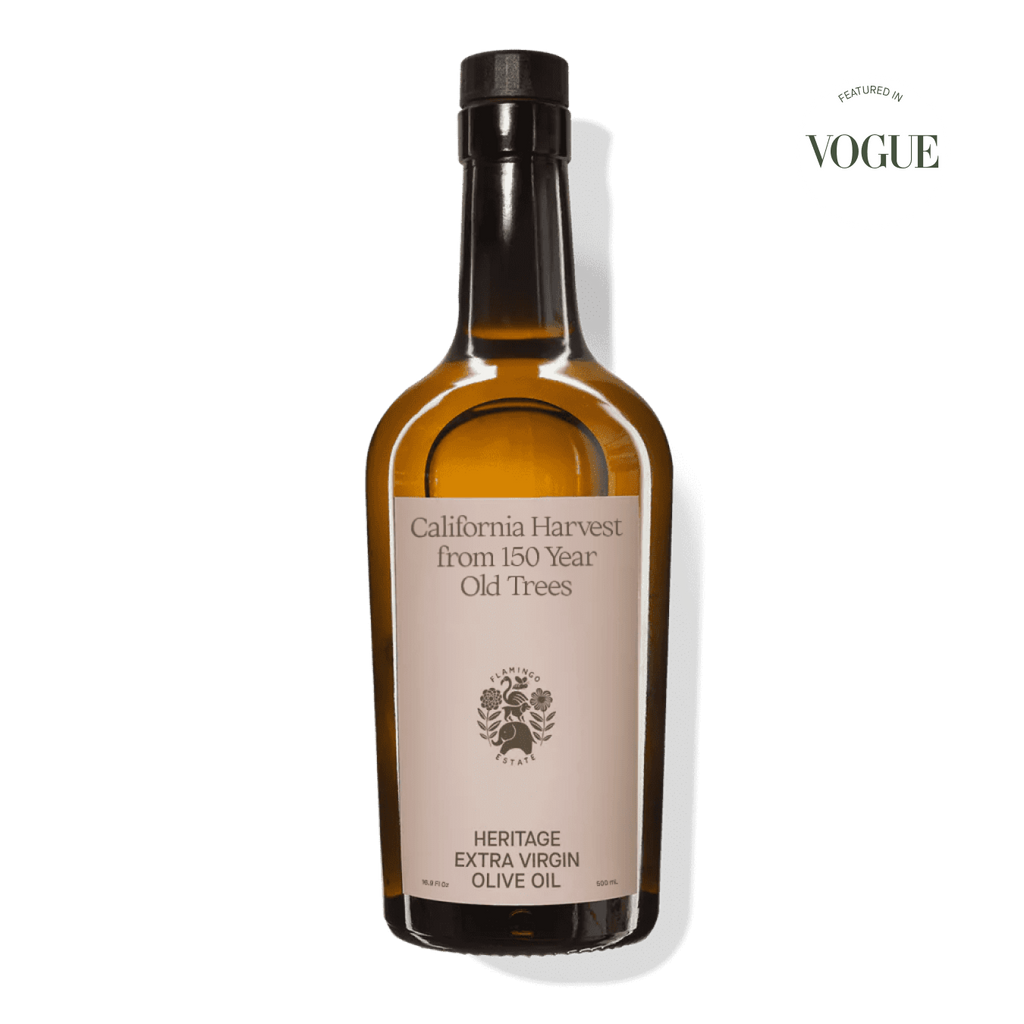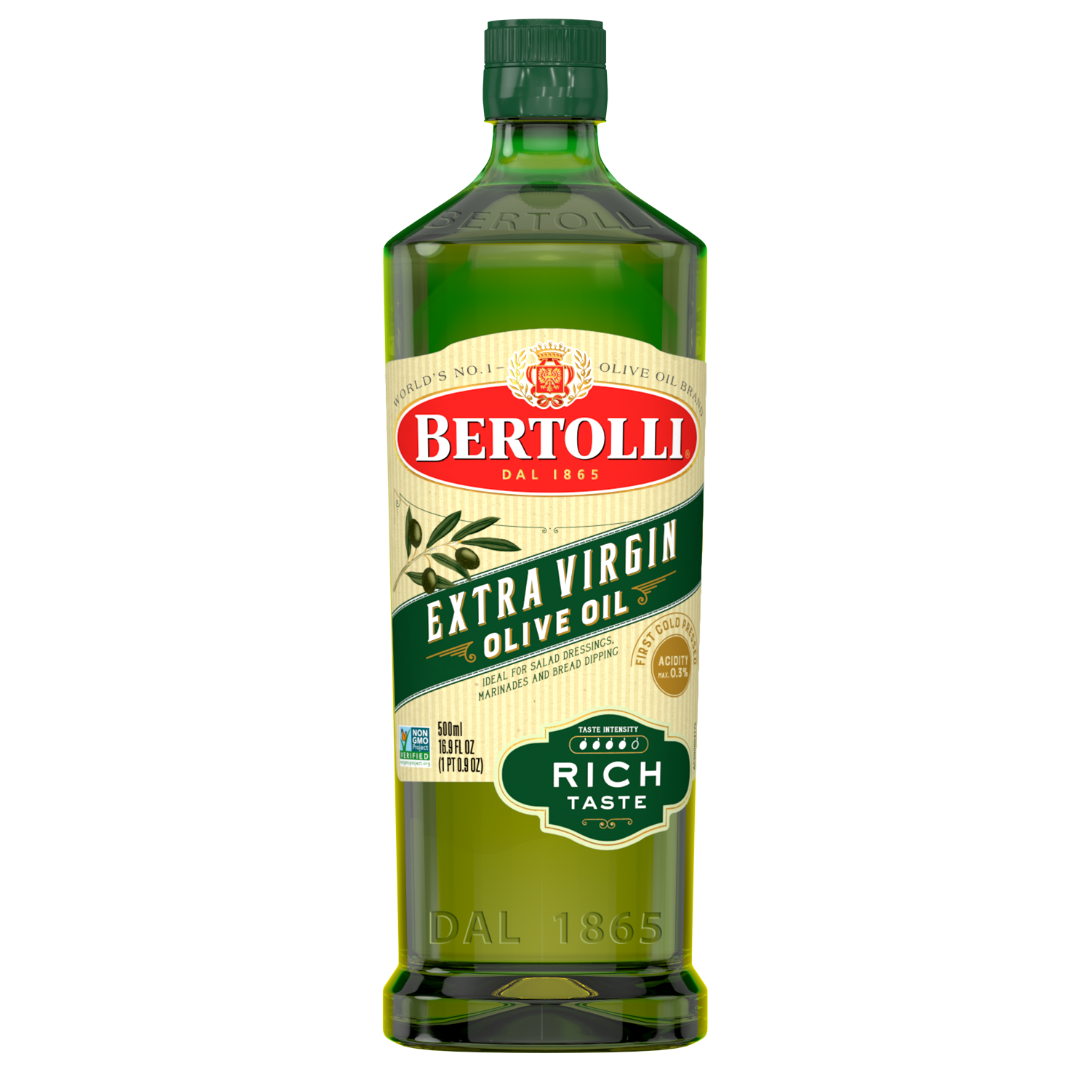Exploring the Different Sorts Of Olive Oil and Their Uses, Consisting Of Extra Virgin Olive Oil
The exploration of olive oil includes a varied range of types, each offering distinctive flavors and culinary applications. Extra virgin olive oil, renowned for its exceptional top quality and wellness benefits, offers as a staple in lots of cooking areas, yet it is just one facet of this diverse ingredient.
What Is Olive Oil?
Stemmed from the fruit of the olive tree, olive oil is a staple in Mediterranean food and a key component in numerous culinary applications. This flexible oil is created by pushing entire olives, leading to a fluid that differs in shade, aroma, and flavor depending upon the type of olives made use of, the region of growing, and the removal process. Olive oil is primarily made up of monounsaturated fats, particularly oleic acid, which is recognized for its prospective wellness advantages, including anti-inflammatory properties and cardiovascular assistance.
In enhancement to its cooking uses, olive oil has a lengthy history of application in typical medicine and skin care, owing to its rich antioxidant content (extra virgin olive oil benefits). The oil is usually used in dressings, marinades, and for cooking techniques such as sautéing and roasting. Its distinct taste account can enhance the preference of various meals, making it a crucial component for both home chefs and expert cooks
Additionally, olive oil is celebrated for its role in the Mediterranean diet plan, which is related to numerous wellness advantages. As recognition of these advantages expands, olive oil continues to gain popularity worldwide as a basic part of a healthy and balanced way of living.
Sorts Of Olive Oil
Comprehending the different types of olive oil is essential for both health-conscious customers and cooking lovers. Olive oil is categorized mostly based upon its removal method and quality, which considerably impacts its wellness, scent, and flavor advantages.

Light olive oil, despite its name, describes a lighter taste and not lower calories. It is excellent for those seeking a much more subtle preference in marinates and dressings. Furthermore, there are flavored olive oils instilled with natural herbs, seasonings, or citrus, which can improve dishes without the demand for additional seasoning.
Each type of olive oil serves particular culinary objectives, and comprehending these distinctions enables customers to make informed selections that straighten with their cooking designs and health goals.
Extra Virgin Olive Oil
Additional virgin olive oil (EVOO) is extensively considered the best quality olive oil readily available, celebrated for its rich taste and various health and wellness advantages. To be identified as extra virgin, the oil should be produced from fresh olives using mechanical procedures, without using solvents or too much warmth. This precise technique protects the oil's natural tastes, antioxidants, and healthy and balanced fats, causing an item with a low level of acidity level of less than 0.8%.
EVOO is plentiful in monounsaturated fats, additional resources especially oleic acid, which is connected to lowered swelling and improved heart health and wellness. It likewise includes polyphenols, effective antioxidants that may provide protective effects against persistent illness. The flavor profile of EVOO can vary dramatically relying on the olive selection and area of production, ranging from fruity and verdant to durable and sharp.

Culinary Uses of Olive Oil

In cooking, olive oil can be used for sautéing, toasting, and cooking, providing a much healthier option to butter or various other fats. Its high smoke point makes it appropriate for different cooking methods, while its antioxidants add to a heart-healthy diet plan. Sprinkling olive oil over completed meals, such as pasta, fish, or grilled veggies, can raise flavors and add a touch of sophistication.
Additionally, olive oil plays a considerable duty in baking, where it can change typical fats in recipes for bread and breads, presenting moisture find out this here and a subtle preference. It also offers as a base for infused oils, permitting chefs to explore flavors such as garlic, natural herbs, or chili, better expanding its cooking capacity. Overall, olive oil's flexibility makes it important in both home and professional kitchens.
Picking Quality Olive Oil
When choosing high quality olive oil, it's necessary to take into consideration several crucial factors that affect the product's scent, health and wellness, and flavor benefits. Choose for extra virgin olive oil (EVOO), which is derived from the first chilly pressing of olives and includes the highest degrees of antioxidants and advantageous compounds. Search for oils that are certified by recognized companies, as this frequently ensures adherence to stringent high quality criteria.
The product packaging likewise plays a substantial function in preserving the oil's stability. Pick oils kept in dark glass bottles or tins view it now to safeguard against light degradation. Take notice of the harvest day; fresher oils offer superior flavor and nutritional worth, so select items that are within 18 months of their harvest.
Be mindful of the taste; a good high quality olive oil must have an equilibrium of fruity, bitter, and peppery notes, indicating its splendor and complexity. By assessing these elements, you can ensure you are choosing the best olive oil for your cooking demands.
Final Thought
In summary, the expedition of numerous kinds of olive oil exposes distinct attributes and applications, with added virgin olive oil representing the peak of top quality due to its low acidity and high antioxidant material. Understanding the different selections of olive oil enables for informed options in cooking techniques, promoting much healthier methods while enriching the total gastronomic experience.
Derived from the fruit of the olive tree, olive oil is a staple in Mediterranean cuisine and a key component in numerous culinary applications.The most typical types of olive oil consist of fine-tuned olive oil, pure olive oil, and light olive oil.Bonus virgin olive oil (EVOO) is extensively concerned as the highest top quality olive oil readily available, well known for its rich flavor and various wellness benefits. Decide for extra virgin olive oil (EVOO), which is derived from the very first chilly pressing of olives and includes the greatest degrees of anti-oxidants and beneficial substances.In recap, the exploration of different types of olive oil discloses distinctive qualities and applications, with added virgin olive oil standing for the pinnacle of quality due to its low level of acidity and high antioxidant material.